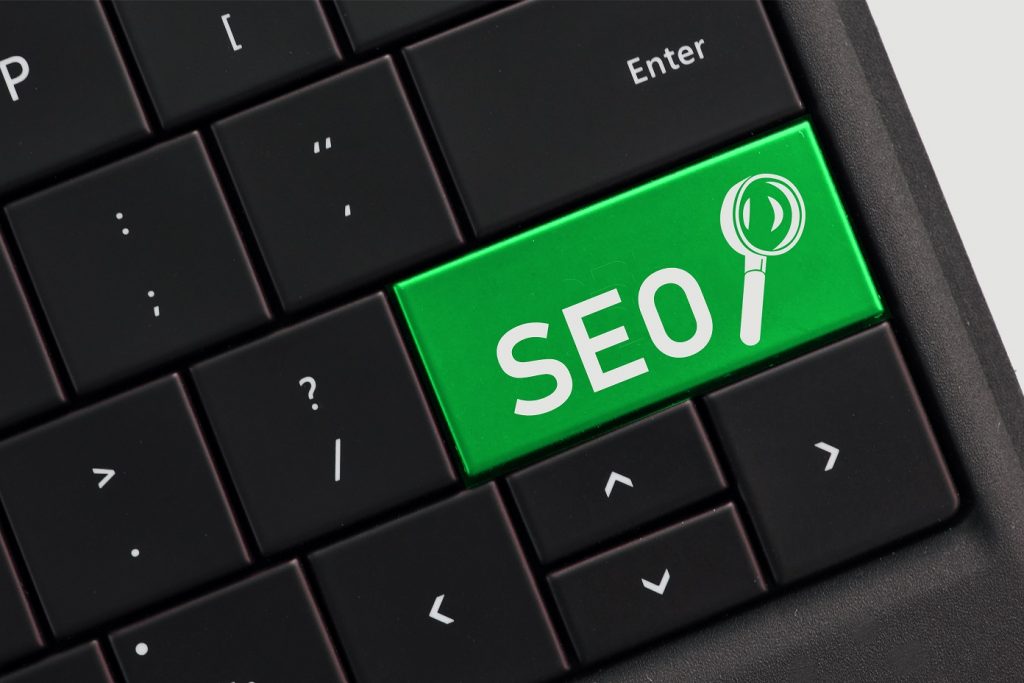SEO is critical for any website that wants to rank well on search engines such as Google. One of the most important aspects of SEO is on-page optimization, which refers to the factors on your website that affect your site’s ranking on search engine results pages (SERPs).

There are many different on-page SEO factors, but some of the most important include title tags, meta descriptions, header tags, and keyword density.
On-page optimization is important because it helps search engines understand what your website is about and how relevant it is to certain keywords. Additionally, on-page optimization can help improve your website’s click-through rate (CTR), which is a factor that can impact your rankings on SERPs.
In this article, we’ll discuss eight benefits of on-page SEO and how it can help improve your website’s ranking on SERPs.
1. Improve your website’s visibility on SERPs
When you optimize your website for on-page SEO, you’re essentially making it easier for search engines to find and index your website. This is important because if search engines can’t find your website, then your website won’t be able to rank on SERPs.
Additionally, on-page optimization can help improve your website’s click-through rate (CTR), which is a factor that can impact your rankings on SERPs. A higher CTR means that more people are clicking on your listing on SERPs, which tells search engines that your listing is relevant and useful. This can lead to a higher ranking for your website on SERPs.
2. Make your website more user-friendly
When you optimize your website for on-page SEO, you’re essentially making it easier for users to find the information they’re looking for on your website. This is important because if users can’t find what they’re looking for on your website, they’re likely to leave and go to a different website.
Additionally, on-page optimization can help improve the usability of your website, which is another factor that can impact your rankings on SERPs. If your website is easy to use, then users are more likely to stay on your site and continue using it. This can lead to a higher ranking for your website on SERPs.
3. Improve your website’s loading speed
One of the on-page SEO factors that can impact your website’s ranking on SERPs is loading speed. This is important because if your website takes too long to load, then users are likely to leave before it even loads. Additionally, search engines penalize websites with slow loading speeds, which can negatively impact your ranking on SERPs.
4. Improve your website’s mobile friendliness
Another on-page SEO factor that can impact your ranking on SERPs is mobile friendliness. This is important because more and more people are using mobile devices to access the internet, and if your website is not mobile-friendly, then you’re likely to lose potential website visitors.
5. Improve your website’s content
One of the most important on-page SEO factors is the quality of your website’s content. This is important because if your content is not relevant or useful, then users are likely to click back to SERPs and find a different website that does have relevant and useful content.
Additionally, on-page optimization can help improve the structure of your content, which is another factor that can impact your ranking on SERPs. If your content is well-structured and easy to read, then users are more likely to stay on your site and continue reading. This can lead to a higher ranking for your website on SERPs.
6. Improve your website’s keyword usage
Another on-page SEO factor that can impact your ranking on SERPs is keyword usage. This is important because if you use too many keywords on your website, then it will be considered spam by search engines and you’re likely to be penalized. However, if you don’t use enough keywords on your website, then it’s unlikely that your website will rank for those keywords.
7. Improve your website’s backlinks
Backlinks are links from other websites to your website. They are important because they help improve your website’s authority, which is a factor that can impact your ranking on SERPs. The more backlinks you have from high-quality websites, the higher your website’s authority will be, and the higher your website will rank on SERPs.
8. Improve your website’s overall appearance
The final on-page SEO factor that can impact your ranking on SERPs is the overall appearance of your website. This is important because if your website looks unprofessional or outdated, then users are likely to click back to SERPs and find a different website.
Additionally, on-page optimization can help improve the design of your website, which is another factor that can impact your ranking on SERPs. If your website is well-designed and easy to navigate, then users are more likely to stay on your site and continue using it. This can lead to a higher ranking for your website on SERPs.
Overall, on-page SEO is a very important part of search engine optimization. It can help improve your website’s ranking on SERPs by improving various factors that search engines use to rank websites. If you want to improve your website’s ranking on SERPs, then you should focus on on-page SEO!


Comments are closed.